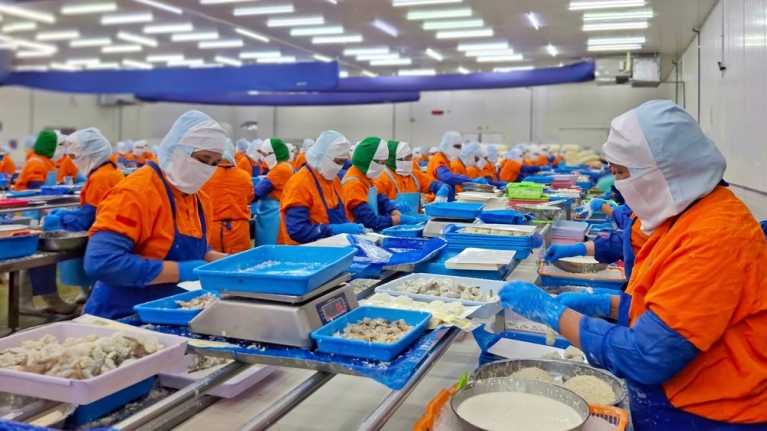
Businesses provide remedy of GBVH and hold perpetrators accountable.
They take a victim and survivor centred approach and use fair disciplinary procedures with perpetrators.
All victims and survivors have the right to remedy. Remediation of GBVH should aim to restore the victim or survivor to a position in which they had been had the harm (GBVH) not happened. This may not be possible in the case of serious GBVH but should always be an aim and based on a victim or survivor centred approach.
Remediation also includes accountability and prevention, reassuring victims and survivors that the harm is acknowledged and should never be repeated.
9.1 Determine remedial actions with the victim or survivor.
- Consider the safety, dignity, needs and wishes of the victim or survivor along with national laws and relevant business policies (see Principle 4.1) when deciding remedy.
- According to a policy developed with relevant stakeholders under Principle 4, determine remedial actions by committee,1 balancing the strict need for confidentiality and a need to know basis, with fair and transparent decision making.
- Engage with trade union representatives/worker representatives or workplace committees, if they are in place, to support fair, consistent and timely decisions. They can be highly effective in resolving complaints, and reinforce that GBVH is not tolerated.
Remedial actions for survivors can include apologies, access to psycho-social counselling, additional paid leave for recovery, transfer to another department, support with moving on to a new job (positive referral through business community), training, promotions (where workers meet criteria), employment, restorative justice (in collaboration with external specialists), and financial compensation.
- Keep confidential records detailing the rationale of decisions and actions taken in Principle 9.3.
- As part of due diligence efforts, ensure business partners’ remediation policies, along with other policy and procedures of their partners, align with ILO C190 and good practice, offering additional guidance and support as per Principle 2.1
9.2 Hold all perpetrators accountable for GBVH, regardless of seniority.
- Apply sanctions proportionate to the severity of the GBVH case, following disciplinary policies outlined under 4.1.
Sanctions include a range of actions from apologies and training up to dismissal. Financial penalties such as un-paid disciplinary leave, deductions, are expressly prohibited.
- Inform both perpetrators and victim and survivors of their right to appeal decisions, with the support of their trade union representatives or chosen supporters.
9.3 Demonstrate business responsibility and accountability.
- Implement broader remedial actions that demonstrate responsibility and accountability to workers where the business has failed to prevent GBVH.
Actions may include changes to policies and procedures with input from the workers and their representatives/trade unions and GBVH specialists (see Principle 10.1) and reporting back to the workforce about outcomes (See Principle 10.2).
9.4 Support victims and survivors to seek judicial redress if they choose.
- Inform the victim or survivor that receiving remedy from the business does not affect their right to access formal justice.
- Provide full support and cooperation if a victim or survivor seeks formal judicial redress.
For example, provide information about the process (Principle 8.4), assistance with complaints, finding legal aid and supporting in court.
